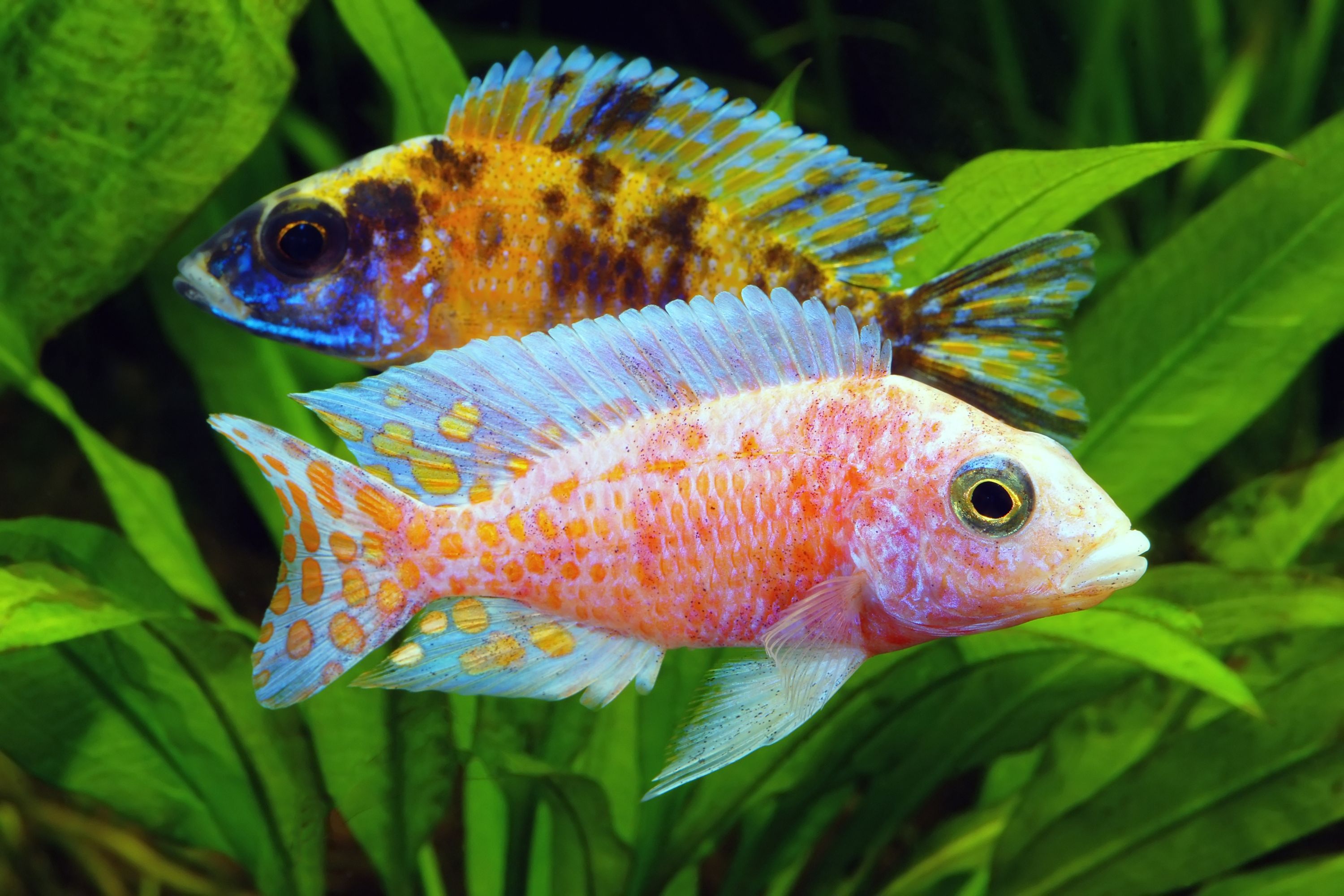Fish Parents Actually Spank Their Kids To Correct Behavior And Make Them More Cooperative In Fulfilling Their Responsibilities, According To A New Study

At some point in their lives, many parents have spanked their children as a way to punish bad behavior and increase the likelihood of good behavior in the future. It’s a common form of discipline that has been practiced since the beginning of recorded history.
However, humans aren’t the only creatures that use spanking to correct children’s behavior. Fish parents also appear to spank their kids to make them more cooperative in fulfilling their responsibilities.
Neolamprologus savoryi, a species of cichlid fish native to Lake Tanganyika in Central Africa, physically punishes their offspring to compel them into helping. The latest findings indicate that fish may have more complex social structures than previously thought.
Researchers from the Graduate School of Science at Osaka Metropolitan University in Japan observed N. savoryi in a controlled laboratory setting. They focused on the interactions between the fish parents and their helpers, which were usually older offspring.
This species of fish functions on a cooperative breeding system, which means that the offspring stays with the parents and family group for a long time. They even help their parents raise their younger siblings.
A number of species participate in cooperative breeding, mainly birds and mammals. The cichlid fish in Lake Tanganyika is the only fish species in the world that is known to use this breeding system.
The phenomenon of cooperative breeding is beneficial because it increases the overall rate of reproduction. The more caregivers there are, the better defenses they have against predators. Furthermore, the offspring are healthier, and the parents have the time and energy to produce more children.
The non-parent N. savoryi caregivers help their parents out by protecting the territory from predators and providing safe shelter for their younger siblings. To make sure everyone is contributing to the cause, physical punishment must be enforced at times.
These fish will attack their elder children if they’re being inactive, prompting them to get to work on their tasks. In response to the aggression, the helpers would increase their helping behaviors significantly. Those who were engaging in their duties on their own were not attacked by their parents.
mikhailg – stock.adobe.com – illustrative purposes only, not the actual fish
Sign up for Chip Chick’s newsletter and get stories like this delivered to your inbox.
The results of the study illustrated that punishment is an important part of maintaining social relationships in animal societies as well.
Overall, the study points to the need for a deeper look into the intelligence and social behavior of animals.
“Our findings reveal that fish, like humans, employ advanced cognitive abilities to sustain their societies,” Satoshi Awata, a co-author of the study and a professor at Osaka Metropolitan University in Japan, said.
“This compels us to reconsider the notion of ‘intelligence’ not only in fish but across the animal kingdom.”
The paper is published in the journal Animal Behavior.
Welcome to Billionaire Club Co LLC, your gateway to a brand-new social media experience! Sign up today and dive into over 10,000 fresh daily articles and videos curated just for your enjoyment. Enjoy the ad free experience, unlimited content interactions, and get that coveted blue check verification—all for just $1 a month!
Account Frozen
Your account is frozen. You can still view content but cannot interact with it.
Please go to your settings to update your account status.
Open Profile Settings